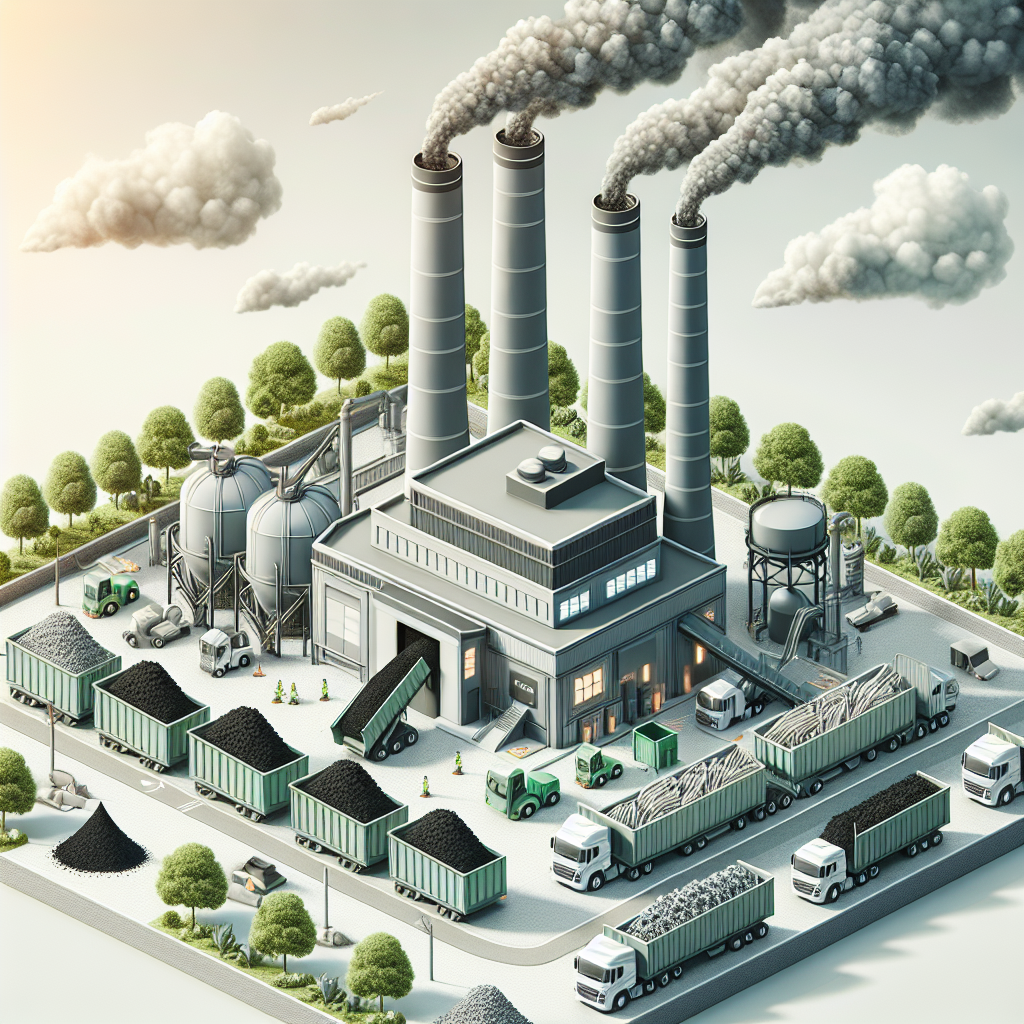Coal's Dilemma: Balancing Climate Goals with Social Impacts
Phasing out coal-fired power plants presents a significant challenge due to their high carbon emissions and integral role in certain economies. With nations like India and China prioritizing energy needs, the shift involves complex financial, social, and environmental considerations in a bid to meet global climate targets.

As nations grapple with climate change, coal-fired power plants remain a contentious issue, accounting for massive carbon emissions while underpinning local economies. High-emission plants in countries such as India and China continue to operate despite global calls to reduce carbon footprint to meet climate goals.
Experts stress that transitioning away from coal requires not just shutting plants but also addressing socioeconomic impacts on communities reliant on coal industries. Strategies for transition include investment in retraining workers and diversifying regional economies.
Financial hurdles are significant, with investments favoring renewable energies over the costly closure of existing coal plants. Innovative funding methods, like carbon credits and international partnerships, are potential solutions to bridge the financial gap, but progress is slow, especially in developing nations.
(With inputs from agencies.)
ALSO READ
Egypt's Renewable Energy Ambitions: Challenges and Calls for Support
EIB and ORLEN Group Sign PLN 900M Loan to Boost Poland’s Energy Transition
Indonesia's Ambitious Renewable Energy Plan: A 75 GW Leap
Innovative Funding Strategies Crucial for Renewable Energy Growth
Shell's Legal Triumph: A Turning Point in Energy Transition?










